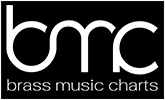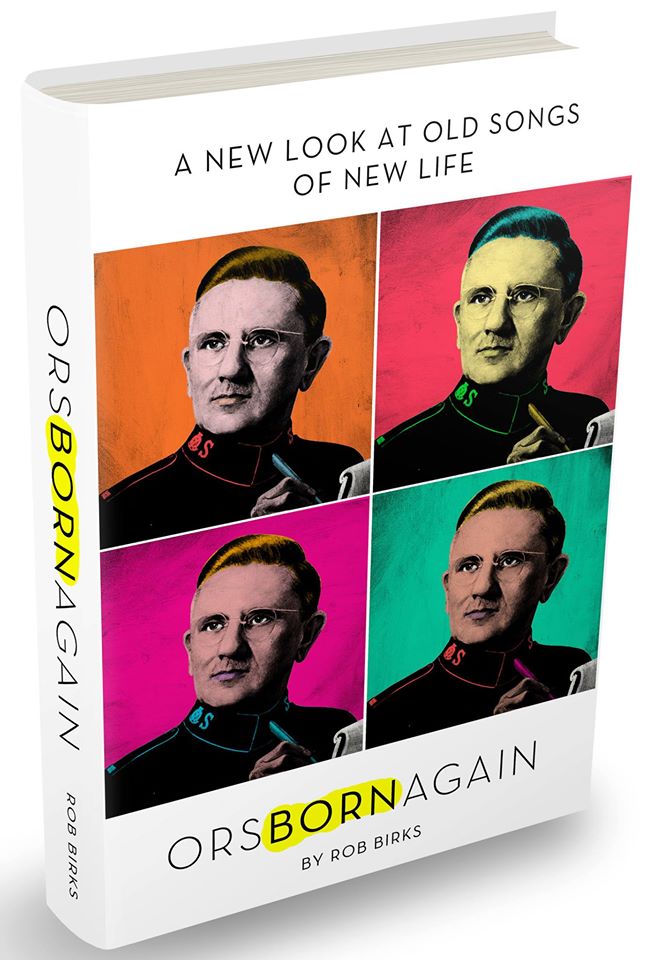ORSBORNAGAIN (31)
A devotional series by Major Rob Birks
ORSBORNAGAIN is meant to introduce the poetry of the first Poet General, Albert Orsborn (1886-1967) to a new audience and to reintroduce his works to dyed-in-the-(tropical)-wool Salvationists.
These are not new songs.
However, the lyrics are jam-packed with new life, which may be missed during corporate worship. Re-examined through scripture and experience, Rob Birks intends through an examination of these scared songs to renew the spiritual fervor of believers, and point seekers to their Savior.
Others he saved, himself he cannot save,
Railed they against him on the cross above;
They were the bondsmen by their pride enslaved:
He was the freeman, bound alone by love.
Others he saved, himself he cannot save;
He was the shepherd, dying for his sheep.
No man can take it, but his life he gave,
From death returning, all his own to keep.
Others he saved, himself he would not save,
Though hosts of angels waited his command;
He marched to victory through an open grave,
Flung wide life’s portals with his mighty hand.
Others he saved, himself he did not save;
Lonely, forsaken, our sinbearer he,
Love to the utmost for my soul he gave;
Lord, by that love I bind myself to thee.
Albert Orsborn
130 The Lord Jesus Christ – Atoning Work – not in the 2015 edition of The Salvation Army Songbook.
In the introduction of this book, and in a few of the entries, I have referred to General Albert Orsborn as the first Poet General. That’s because The Salvation Army has had (at least) two international leaders who were well versed in the art of poetry. The second Poet General was John Gowans, who led our worldwide movement from 1999-2002. Gowans was prolific, writing three O Lord books of prayer poems, an autobiography entitled There’s A Boy Here, and co-writing 10 musicals in 23 years (1967-1990) with his friend General John Larsson.
The songwriting team of Gowans and Larsson is legendary in the Army (think Rodgers and Hammerstein, or Len- non and McCartney, or Elton John and Bernie Taupin, or Jimmy Jam and Terry Lewis, depending on your age or musical taste). Nineteen Gowans and Larsson songs are in the current version of The Salvation Army Song Book.
I am writing this one week after the second Poet General was promoted to glory, which is how Salvationists describe the blessing of going to be with Jesus. Yesterday, in London, a funeral and thanksgiving service for the life of General John Gowans was held. Appropriately (on more than one level), one of Albert Orsborn’s songs, “My Life Must Be Christ’s Broken Bread,” was sung at Gowans’ committal service.
In the Orsborn song we have before us, the broken Bread of Life is sacrificially offering himself for humankind, making life possible for humankind. When we took a look at “Son of God! Thy Cross Beholding” (SASB 185), we considered the advent question: Why did Jesus become a man? According to this song the answer to that question seems clear: to save OTHERS! I’m sure the first and second Poet Generals would’ve agreed on many things (cricket over baseball, for instance). But I am certain they agree that Jesus came to save the world! Here’s proof (as if you’re requiring it) of Gowans’ stance on why Jesus came, in the form of the song lyrics for “He Came To Give Us Life” (from 1972 Gowans and Larsson musical, Jesus Folk):
He came to give us life in all its fullness,
He came to make the blind to see,
He came to banish death and doubt and darkness,
He came to set his people free.
He liberating love imparted,
He taught men once again to smile;
He came to bind the broken hearted,
And God and man to reconcile.
He came to give us life in all its fullness,
He came to make the blind to see,
He came to banish death and doubt and darkness,
He came to set his people free.
He came to set us free!
Gowans was a childhood hero of mine. His look, his style, his voice—he was some kind of Salvation Army rock star in my eyes. Once, at an event I attended where he was the visiting leader, I approached him with my copy of his second O Lord book in my hands. I asked him to sign his name by his favorite piece. The poem he chose is called Bridge:
I want to be a bridge,
Though I’m not strong.
I want to be a bridge
So wide, so long
That over me from doubt
To faith may pass
The lad in search of God,
The seeking lass.
Put steel into my faith
And concrete too, That men may travel
Over me To You!
Underneath the poem he wrote, “O Lord … bless Robert! Amen,” and signed his name. Incidentally (but not coincidentally), a picture of the Golden Gate Bridge (taken by Major Ron Toy) shares the page with the poem. I am blessed, currently, to be serving Jesus and OTHERS in the city by the bay. Often (when the Father and the fog allow it) I see that bridge and am reminded of this poem and the prayer that God would build the author and his admirer into strong structures, connecting people (over troubled water) to his Son.
May it be so in my ransomed life and yours. Note the first line of each verse. We are saved to save, not saved to survive!


